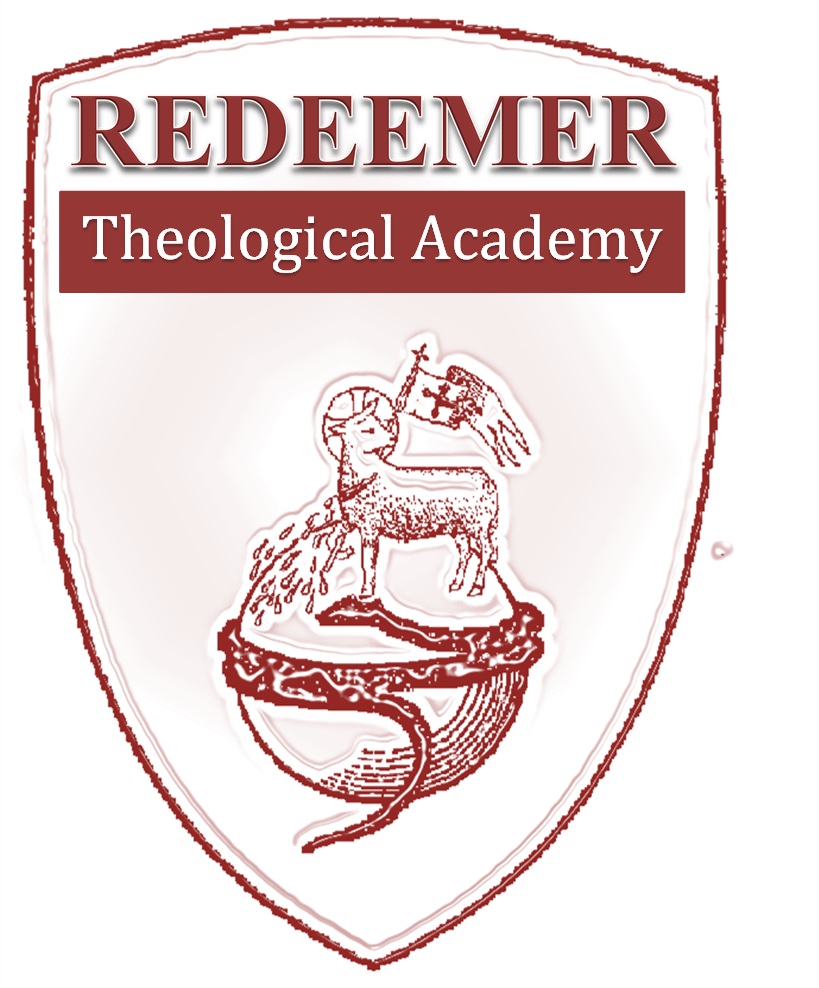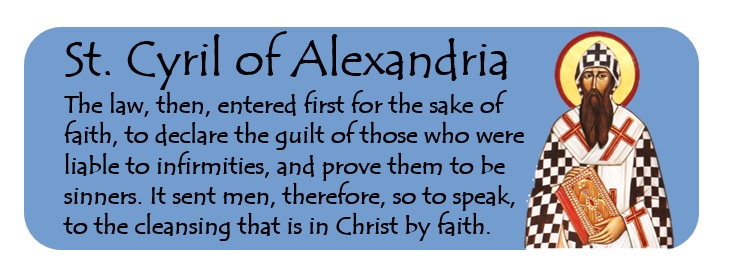 St. Cyril of Alexandria (378-444)
St. Cyril of Alexandria (378-444)
Sermon XLVI
Luke 8:49-56
And while He is speaking, there cometh one from the ruler of the synagogue’s house, saying, Thy daughter is dead: trouble no more the Teacher. But when Jesus heard it, He answered and said, Fear not: believe only, and she shall live. And when He came unto the house, He suffered no one to go in with Him, save Peter, and James, and John, and the father and the mother of the maiden. And all wept and bewailed her. But He said, Weep not: for the damsel is not dead, but sleepeth. And they laughed at Him, knowing that she was dead. But He made them all go out, and took her by the hand, and called, saying, Maid, arise. And her spirit returned, and she arose immediately: and He commanded to give her somewhat to eat. And her parents were astonished. And He commanded them to tell no one what was done.
O COME, all ye who love the glory of the Saviour, and thereby weave crowns for your heads, come once again, that we may rejoice in Him, and as we extol Him with endless praises, let us say in the words of the prophet Isaiah: “O Lord, my God, I will praise Thee; and I will laud Thy name; for Thou hast wrought wonderful works, even a counsel true from the beginning.”* What then is the counsel and purpose of God the Father, which was from the beginning, and was true? Plainly that respecting us. For Christ foreknew, even before the foundations of the world, His mystery: but it was in the last ages of the world that He arose for the inhabitants of earth, that having borne the sin of the world, He might abolish both it and death, which is its consequence, and was brought upon us by its means. For so He Himself plainly said, “I am the resurrection and the life:”* and “he that believeth on Me hath everlasting life, and shall not come into judgment, but hath passed from death unto life.” And this then we shall see fulfilled in actual facts. For the ruler of the synagogue of the Jews drew near, and embracing the Saviour’s knees, besought Him to deliver his daughter from the bonds of death:—for lo! already she had been brought down unto this, and was in extreme danger. And the Saviour consented, and set out with him, and was even hastening onward to the house of him who asked the favour, as well knowing that what was being done would profit many of those who followed Him, and would also be for His own glory. And thus on the way the woman was saved, who was the victim of a severe and incurable malady. For she had an issue of blood, which no one could stanch, and which set at nought the art of physicians: but no sooner had she touched the hem in faith, than she was forthwith healed; and a miracle thus glorious and manifest was, so to speak, the work merely of Christ’s journey.
And afterwards there met them from the ruler of the synagogue’s house a messenger, saying: Thy daughter is dead: trouble not the Teacher.” What, then, was Christ’s answer, seeing that He possesses universal sovereignty; that He is Lord of life and death; and by the all-powerful determination of His will accomplishes whatsoever He desires? He saw the man oppressed with the weight of sorrow, swooning, and stupefied, and all but despairing of the possibility of his daughter being rescued from death. For misfortunes are able to disturb even an apparently well-constituted mind, and to estrange it from its settled convictions. To aid him, therefore, He gives him a kind and saving word, fit to sustain him in his fainting state, and work in him an unwavering faith, saying, “Fear not: only believe, and she shall live.”
And having now come to the house of His supplicant, He quiets their lamentations, silences the musicians, and stops the tears of the weepers, saying, “The damsel is not dead, but rather sleepeth.” And they, it says, laughed at Him. Observe here, I pray, the great skill of the management. For though He well knew that the damsel was dead, He said, “She is not dead, but rather sleepeth.” For what reason? That by their laughing at Him, they might give a clear and manifest acknowledgment that the damsel was dead. For probably there would be some of that class who always resist His glory, who would reject the divine miracle, and say, that the damsel was not yet dead; and that in being delivered from, sickness, there was nothing done by Christ very extraordinary. To have, therefore, the acknowledgment of many that the damsel was dead, He said, that she was rather sleeping. And let no man affirm that Christ spake untruly. For to Him, as being Life by nature, there is nothing dead. And this is the reason why we, having a firm hope of the resurrection of the dead, call them “those that sleep.” For in Christ they will arise: and, as the blessed Paul says, “They live to Him,” in that they are about to live.
But observe this also. For as if to teach us to avoid vainglory;—though certainly no such admirable deeds can be wrought by us;—when He came to the house in which the damsel was lying dead, He took in with Him but three of the holy Apostles, and the father and the mother of the damsel.
And the manner in which He wrought the miracle was worthy of God. For having taken her, it says, by the hand, He said, Damsel, arise: and she arose immediately. O the power of a word, and the might of commands that nothing can resist! O the life-producing touch of the hand, that abolishes death, and corruption! These are the fruits of faith, for the sake of which the law also was given to those of old time by the hand of Moses.
But perhaps some one may say to this: ‘But lo! any one can see that the ceremonial ordained by the law is unlike and at variance with faith in Christ: for the law commands us to make use of bloody sacrifices; but faith rejects every thing of the kind, and has brought in for mankind a worship to be offered in spirit and in truth. For even Christ is somewhere found thus speaking by the harp of the Psalmist to God the Father in heaven: “Sacrifices and offerings Thou didst not desire: whole burnt offerings, and for sins, Thou hadst no pleasure in: but a body hast Thou framed for Me. Then said I, Lo! I come: for in the chapter of the books it is written of Me: I delight to do Thy will, O God,” Offerings therefore by blood are unavailing; but the sweet savour of spiritual worship is very acceptable to God. And this no man can present unto Him, unless first he possess that faith which is by Christ. And the blessed Paul bears witness to this, ‘where he writes: “Without faith, no man can ever do that which is well pleasing.” ’
It is necessary, therefore, for us to explain in what sense we say that the law was given because of faith. The blessed Abraham then was justified by obedience and faith. For it is written: “That Abraham believed God; and he was called the friend of God, and faith was counted to him for righteousness.” And God promised him both that he should be the father of many nations, and that all nations should be blessed in him; that is to say, by the imitation of his faith. One can see, therefore, that the grace that is by faith is prior to the ceremonial enjoined by the law, in that Abraham attained unto it while still uncircumcised. And afterwards, in process of time, the law entered by the hand of Moses. Did it then thrust away the justification that is by faith,—that I mean which God promised to those who follow the steps of the faith of our father Abraham, which he had while still uncircumcised? But how can this be true? The blessed Paul, therefore, writes: “This I say then, that the covenant, which was confirmed of old by God, the law, which was four hundred and thirty years afterwards, does not disannul, so as to make the promise given to the fathers of no effect.” And again: “Is the law then against the promises of God? It may not be.” And the same divine Paul further teaches us the reasons for which the law at length entered by the ministration of angels, and the manner in which it confirms the faith in Christ, by having been brought in before the time of the incarnation of the Only-begotten, saying at one time, that “the law entered that sin might abound:” and at another again, “that the Scripture hath included all things under sin:” and again, “The law, therefore, was added, because of transgressions.”
Do you wish to learn how the Scripture included all things under sin? If so, I will explain it to the best of my ability. The heathen, then, as those who were without God, and destitute of hope, were in this world as men imprisoned in the pitfalls of baseness, and entangled without hope of escape in the cords of sin. On the other hand, the Israelites possessed indeed the law as a schoolmaster: but no man could be justified by its means. For there is no profit to them that are in their sins in an offering by blood. And to this Paul again bears witness, saying; “For the blood of bulls, and of goats, cannot take away sins.” The law is the proof of the infirmity of all men: and therefore the blessed Paul calls it “the ministry of condemnation.” Sin abounded by its means: and that, not as though it made any man sin, but rather because it declared the condemnation of him who was subject to offences. It was enacted, therefore, because of transgressions, that as now no man was able to attain to a blameless life, the bringing in of the justification that is by Christ might be altogether necessary. For there was no other way by which the inhabitants of earth could escape from the tyranny of sin. The law, then, entered first for the sake of faith, to declare the guilt of those who were liable to infirmities, and prove them to be sinners. It sent men, therefore, so to speak, to the cleansing that is in Christ by faith. And for this reason the blessed Paul again wrote: “Therefore the law was our schoolmaster unto Christ. But now that faith has come, we are no longer under a schoolmaster.” For we are all sons of God by faith in Christ Jesus.
Faith, then, in every way, is the cause of life, as that which slays sin, the mother and nurse of death. Excellently, therefore, said Christ to the ruler of the synagogue of the Jews, when his daughter was dead; “Fear not: only believe, and she shall live.” For, as I said, Christ makes those live who approach Him by faith, in that He is life; “for in Him we live and move, and are:” and He will raise the dead “suddenly, in the twinkling of an eye, at the last trump,” as it is written. And having this hope in Him, we shall both attain to the city that is above, and reign as kings with Him; by Whom and with Whom, to God the Father be praise and dominion, with the Holy Ghost, for ever and ever, Amen.
A Commentary upon the Gospel according to S. Luke. (R. P. Smith, Trans.) (pp.194–198). Oxford: Oxford University Press (1859).
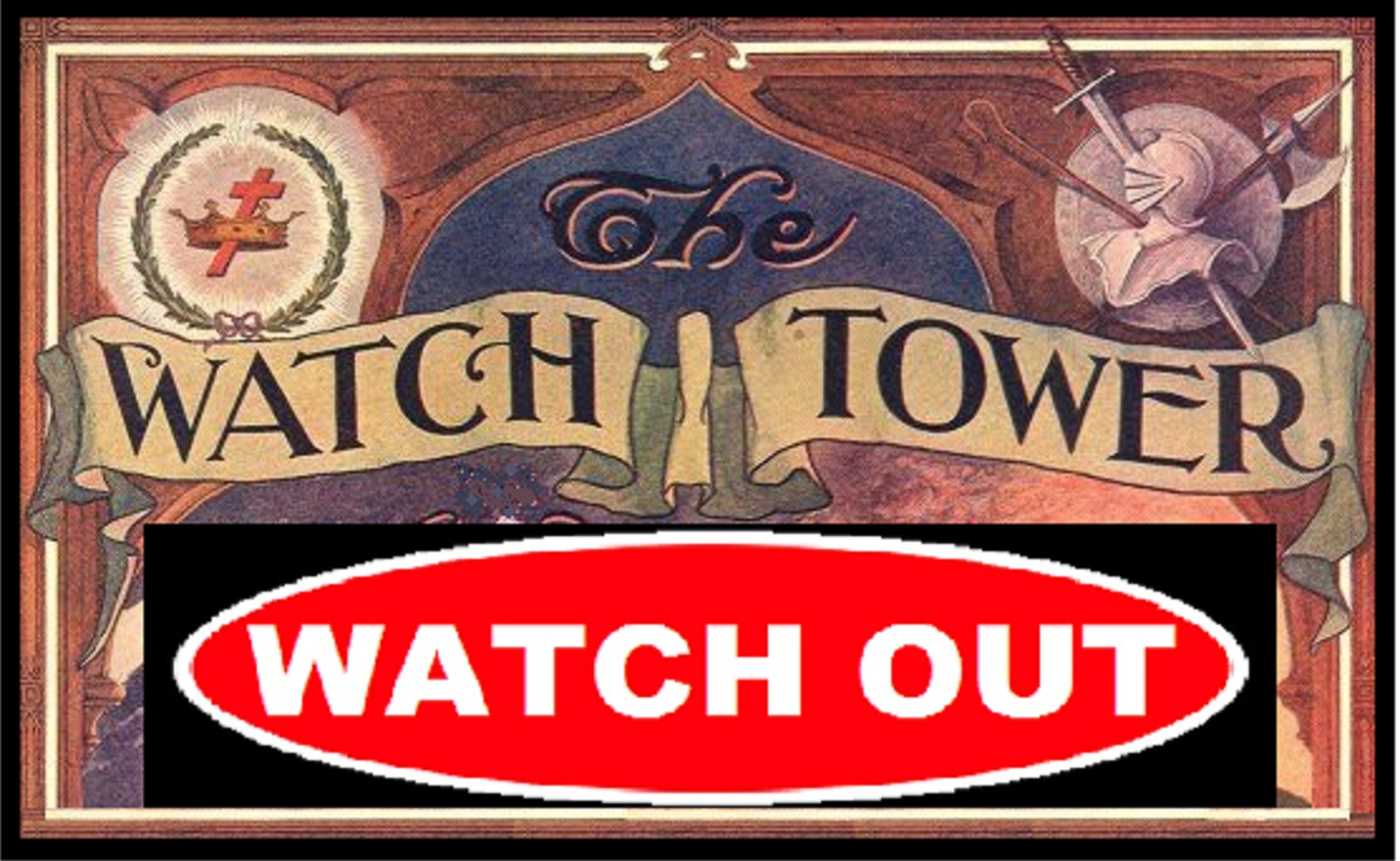 The Holy Scriptures clearly teach that God Himself has redeemed us. In fact, the Bible plainly reveals that God has purchased us with His own blood. The Apostle Paul encourages the elders in Ephesus saying, “Pay attention to yourselves and to all the flock, in which the Holy Spirit has appointed you overseers, to shepherd the congregation of God, which He purchased with His own blood” (Acts 20:28). Notice that we are taught that God Himself has purchased us with His own blood. It is not the blood of another.
The Holy Scriptures clearly teach that God Himself has redeemed us. In fact, the Bible plainly reveals that God has purchased us with His own blood. The Apostle Paul encourages the elders in Ephesus saying, “Pay attention to yourselves and to all the flock, in which the Holy Spirit has appointed you overseers, to shepherd the congregation of God, which He purchased with His own blood” (Acts 20:28). Notice that we are taught that God Himself has purchased us with His own blood. It is not the blood of another.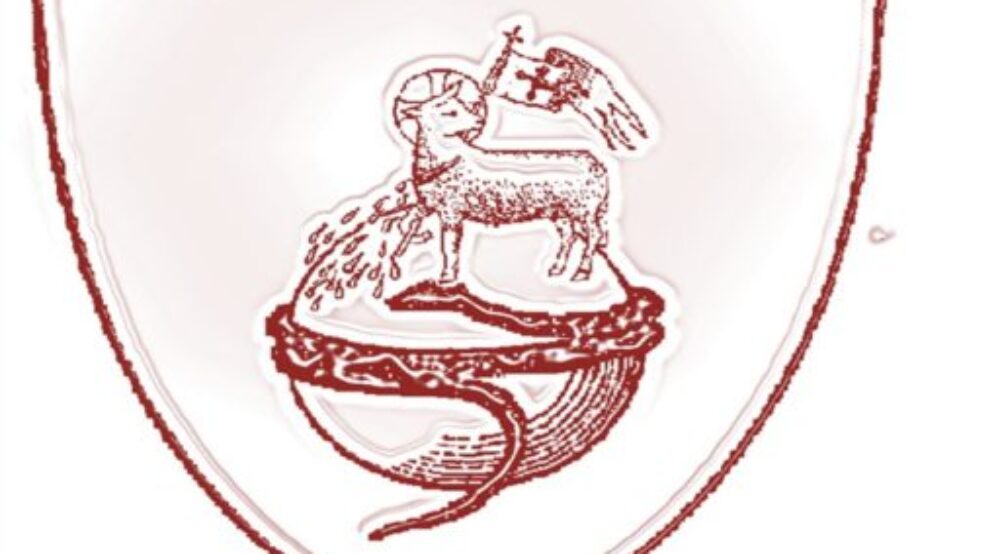
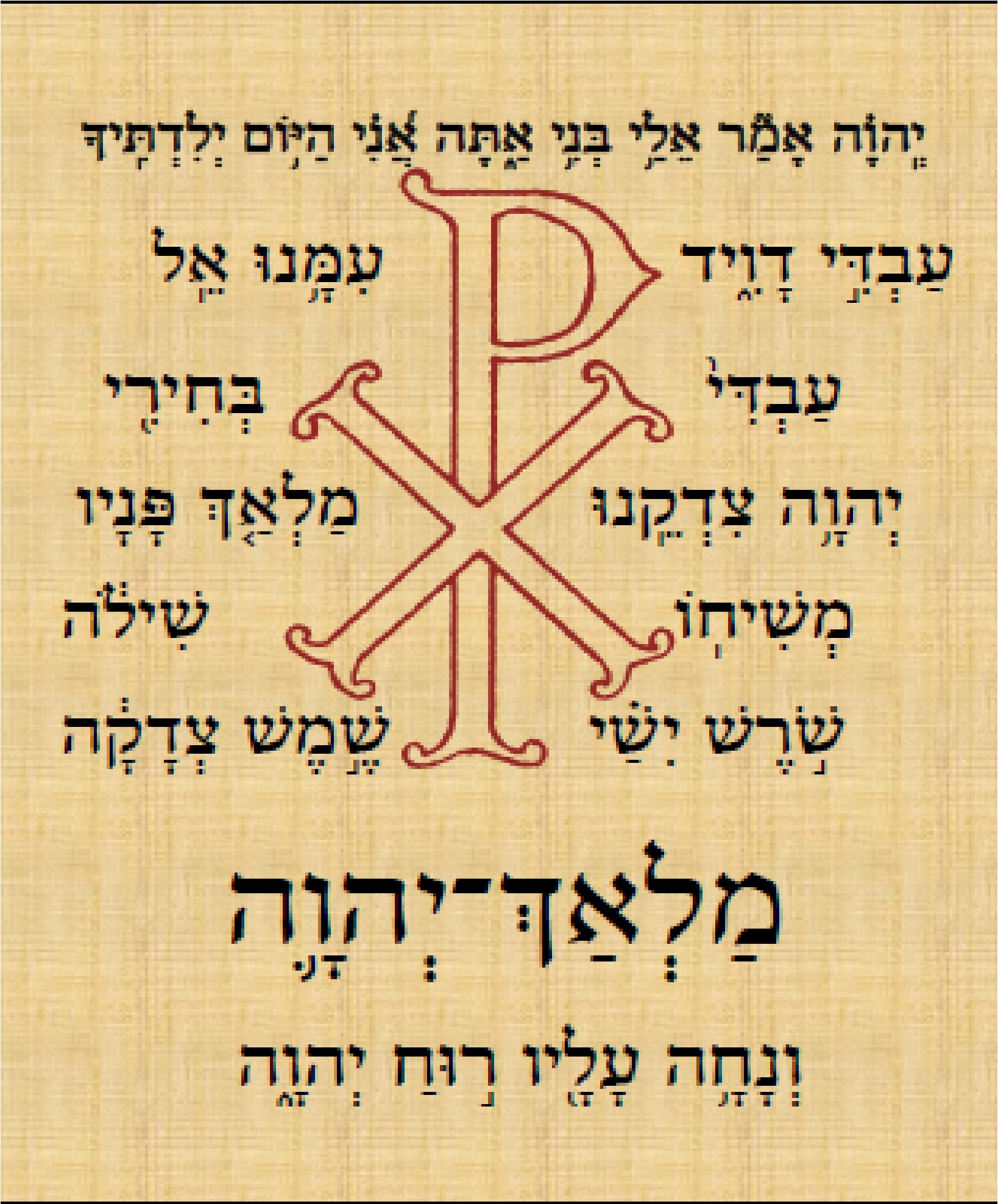 Pastor Kachelmeier is the guest on Issues, Etc. talking about Ecclesiastes 5.
Pastor Kachelmeier is the guest on Issues, Etc. talking about Ecclesiastes 5.